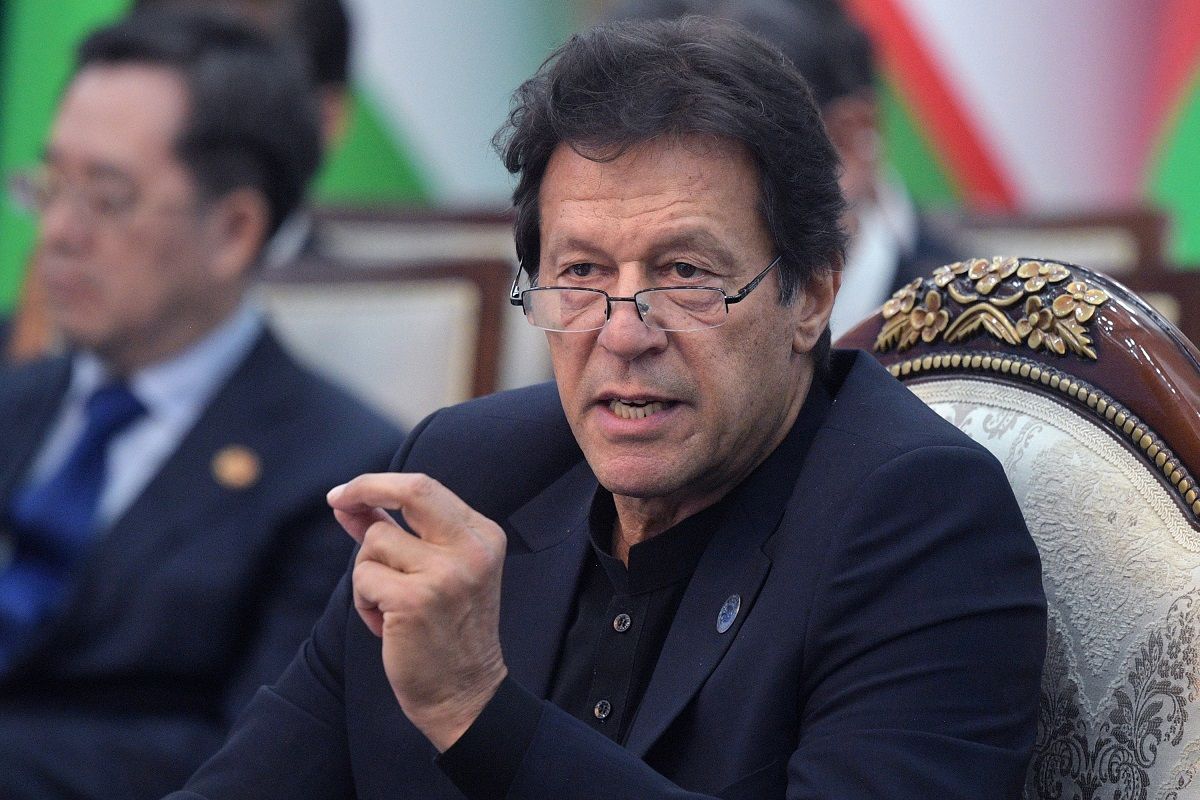It has been a watershed triumph for an Indian princely family. The longest running legal battle has been settled in a court of the United Kingdom after more than 70 years.
Over time, it had turned out to be a tussle for the Nizam’s funds between India and Pakistan. Not the least because the Government of India, the descendants of the Seventh Nizam and the administrator of his estate had entered into a confidential settlement last year.
Advertisement
The descendants will now be able to collect 35 million pounds from NatWest bank. The dispute dates back to 1948 and the tumultuous events following Independence, when the last Nizam of Hyderabad transferred £1 million into the account of Pakistan’s high commissioner in London.
The monarch’s family was Muslim and had resisted his state’s incorporation into Hindu-dominated India.
Over seven decades, the deposit has accumulated interest and is now worth around £35 million.
Pakistan claimed the money was actually payment for weapons that would have been used to defend Hyderabad against the Indian army.
The family of Nizam VII maintained that the cash had merely been kept abroad for safekeeping. Over seven decades again, it was a cocktail of communalism and an enormous fortune, indeed a riveting chapter of the subcontinent’s economic history.
It would perhaps be less than relevant to draw a parallel between Pakistan’s setback in the UK High Court and the hot air that blew ~ to no effect ~ in the General Assembly last week.
Suffice it to register that Imran Khan’s Pakistan has in a sense suffered a double whammy on radically different issues. Its spirited diplomacy on the world stage has come a cropper.
Had it inherited the Nizam’s wealth, it would have been a booster shot for the country’s torpid economy. It will be a while before the cloud clears to the west of the Radcliffe Line. In its momentous judgment at the Royal Courts of Justice in London, Justice Marcus Smith ruled that the “Nizam VII was beneficially entitled to the fund and those claiming in right of Nizam VII ~ the Princes and India ~ are entitled to have the sum paid out to their order. Pakistan’s contention of nonjusticiability by reason of the foreign act of state doctrine and non-enforceability on grounds of illegality both fail.”
The case first arrived in the chancery division of the High Court in London in 1954 when the Hyderabad royals challenged the bank and the Pakistan high commissioner for the return of the money.
The case has been referred to as a faint echo of the Jarndyce v Jarndyce saga in Charles Dickens’ Bleak House.
The claim reached the House of Lords in 1957 where Pakistan successfully asserted sovereign immunity.
Legal proceedings were then effectively frozen for the next 60 years.
In 2013, Pakistan decided to waive its right to sovereign immunity and launched legal action to claim the cash from NatWest.
Their action triggered rival claims by the two grandsons of Nizam VII. Cut to the present, one can almost hear a quiet chuckle from Hyderabad to Delhi over Pakistan’s discomfiture.











